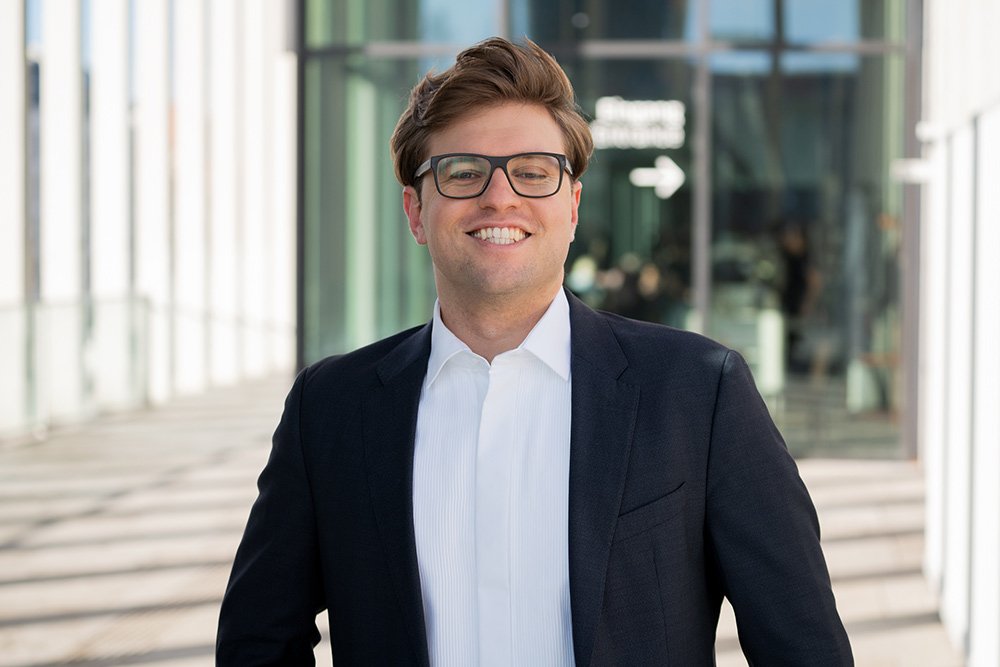Voucher power
-originally published at EXBERLINER.com–
Kreuzberg resident Karsten Kossatz, 28, is an authentic Berliner. Born on the south-western edge of the city in Lankwitz, he went to school in Neukölln, studied Communication Design at Kreuzberg’s Design Akademie Berlin and founded his own Reinickendorf-based advertising agency, Plain, in 2014. As the Covid-19 shutdown was announced, he developed Helfen.Berlin to support his favourite spots in the city. The platform enables people to buy vouchers for any registered business (clubs, hairdressers, restaurants) and to use them once they reopen. In three weeks, the non-profit has generated more than €1 million for the 2400 businesses registered on the site.
How did you come up with the idea for Helfen.Berlin?
I have a lot of friends in the hospitality industry – club and bar owners, waiters. Three weeks ago, they all told me, “If we don’t get money now, we can’t keep it up for long and probably will have to close down forever.” My first thought was, “OK, that’s sad”, but then I realised how much it would really affect my life. I spend a lot of time in my favourite café, restaurant, bar and shops. It would be terrible if none of these spots, or Lieblingsorte as we call them, existed in the post-crisis world. I asked myself what we could do, and decided to come up with something that would make income possible during the lockdown.
It seemed like there was hardly any time between shops and restaurants etc. having to close and your site offering vouchers. How long did it actually take to set up?
I got the idea on Sunday, March 15 as I was sitting down with my family at the coffee table. We were online five days later. These projects would usually take around half a year, but everyone in our 25-person team gave what she or he could. It was inspiring to have so many people with so much energy around. This is how we managed to develop the platform so quickly. There was a need, and every one of us wanted to save their own favourite spots. It is very unusual to be that fast, but it’s actually cool, because then you have to focus only on the necessary things.
When I go to my favourite café every morning, I tell them how great their coffee is. But now I can’t do that. By buying vouchers, I’m telling them: “please reopen.”
So when you say “we” and “our team”, you are talking about your agency employees?
The team is quite diverse. There are people from my agency, of course. As a company we have the necessary structures to do this kind of projects. But most of the work is done by friends. It’s more like friends doing something together than a “corporate project.” When we went online, we had a lot of positive feedback. Media wrote about us, and we received a lot of emails from people asking what they can do to help. We integrated them to the team and they became friends.
…read the full interview on the link below!

